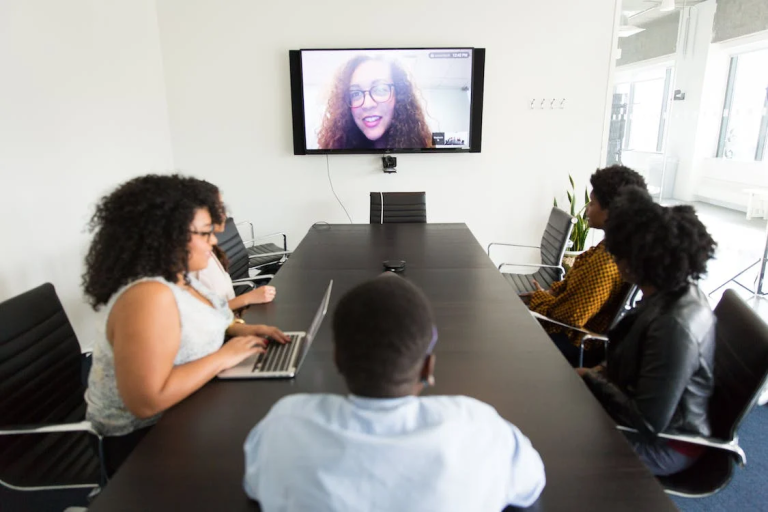It’s important for companies to employ people who are experts in their particular fields but what should those experts do and how should they conduct themselves when they get to a point where they know it all?
Expertise is a double-edged sword. To succeed in a demanding workplace, one has to strive to become an expert in one’s field, and this involves extensive and ongoing learning which may or may not include academic learning, real world learning, or both. Of course, with increasing volatility and uncertainty, the goalposts of expertise are continually moving. An expert today is not necessarily an expert tomorrow.
What, then, should one do to maintain a level of expertise that ensures you remain relevant and significant? Here are a few tips to get you started …
Increase your levels of consciousness and self-awareness
There are many experts who have high levels of intelligence and high levels of knowledge, but low levels of consciousness. This means they aren’t able to perceive when they’re getting left behind by changes in collective consciousness and thinking in the world. They consequently continue to think that what they think they know to be right and true is still right and true, when it’s not.
That means that just about everybody else is aware of the fact that they’re no longer the expert they think they are – but they’re not aware of it.
To remain relevant and on your game as an expert, you have to have a high level of self-awareness and consciousness to pick up changes that affect you. And when you pick those changes up, you need to be smart enough – and brave enough – to respond to them.
Develop humility
In the new collaborative Digital Age, arrogance is an outdated, almost antiquated quality. Sure, there are still many arrogant leaders around – and there always will be – but, when it comes to leadership, arrogance belongs to a bygone era when leaders got into positions because they knew things others didn’t know or could do things others couldn’t do.
In the Digital Age, with knowledge being freely available, “experts” who know what others know are a dime a dozen. Leaders are therefore no longer defined only by what they know. They’re now also defined by many other qualities. If you’re an expert lacking in humility, you will never learn from others you deem to be inferior to you and, in doing so, you will cut yourself off from one of the most valuable learning sources in your world. An expert who is too arrogant to admit that there are things he or she can still learn will soon find his expertise no longer in demand.
Develop and learn to trust your gut instinct
The most respected, effective experts have an edge over those who are not as respected. They don’t only use information to make decisions. They also use their insight. And apart from their significant knowledge (information) and insight, they also use their gut instinct. That’s when they apply what’s known as the “smell test”. While all the numbers might look right to everybody, the expert may decline a deal simply because they sense it doesn’t smell right. That gut instinct is developed from years of using insight and instinct to make decisions that go against logic but turn out to be the right decision in the end.
The opposite is also true – the numbers might advise against a decision yet the expert’s gut may tell them to go ahead and they do, and everything works out just right. Why gut instinct is so valuable is another whole article. There is in fact world-first Artificial Intelligence developed here in South Africa that digitises the gut instinct of an expert for high volume, high consequence decisions.
When all is said and done, if you want to be an expert who’s respected by their colleagues and others, who’s even more relevant today that they were a year ago, it would be wise to heed the advice of the late John Wooden, former American basketball player and head coach at the University of California, Los Angeles, who said, “It’s what you learn after you know it all that counts.”
And you know what you’ve got to learn after you know it all? Wisdom.
Alan Hosking is the Publisher of HR Future magazine, @HRFuturemag. He is a recognised authority on leadership skills for the future and teaches business leaders and managers of all generations how to lead with integrity, purpose and agility. In 2018, he was named by US-based web site Disruptordaily.com as one of the “Top 25 Future of Work Influencers to Follow on Twitter”.


























